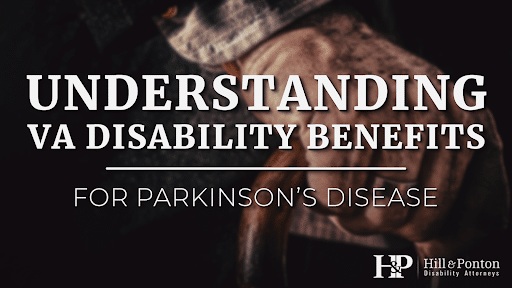Va Secondary Conditions To Erectile Dysfunction
If you're looking for picture and video information related to the key word you have come to visit the ideal blog. Our website gives you hints for viewing the maximum quality video and image content, search and find more informative video content and images that fit your interests.
comprises one of tens of thousands of movie collections from several sources, especially Youtube, therefore we recommend this movie that you view. You can also contribute to supporting this site by sharing videos and graphics that you enjoy on this site on your social media accounts such as Facebook and Instagram or educate your closest friends share your experiences concerning the ease of access to downloads and the information you get on this website. This site is for them to visit this site.

Heart disease Atherosclerosis Diabetes Obesity Parkinsons disease Multiple sclerosis Metabolic syndrome Peyronies disease scar tissue inside the penis Prostate cancer Alcohol and substance abuse Sleep.
Va secondary conditions to erectile dysfunction. 509 1998 the vet must show. Here are the 10 most common types of claims for secondary disability in order of importance. Median nerve damage paralysis external popliteal nerve. Other conditions that commonly secondary service-connected to diabetes are diabetic retinopathy erectile dysfunction and kidney disease.
This condition is a very common side effect to psychotropic medications those used to treat mental health issues such as PTSD depression and anxiety. Under the relevant case law including Wallin v. VA will also grant service connection for his diabetes even though he never initiated a claim for diabetes. In secondary claims determine what medical principles and practices should be applied in determining whether a causal relationship exists between two conditions.
The Veteran asserted that his erectile dysfunction was due to medications prescribed for his service-connected seizure disorder. An October 2006 VA examiner noted that it could not be entirely discounted that the Veterans lifelong problems with psychosis and seizure disorder were playing some minor role in his erectile dysfunction. Other medical conditions may also cause erectile dysfunction and can be the basis for a secondary service-connection claim. Obtaining VA disability for erectile dysfunction requires three things one evidence of an injury illness or event during military service.
Erectile dysfunction gastrointestinal conditions and headaches are the most common of these side effects that can be secondarily service connected. Here are some examples of conditions in many veterans which cause a secondary effect of ED. Two you must have a current diagnosis from a medical professional. Most Common Claims for Secondary Disability.
Treating an underlying problem may be enough to reverse your erectile dysfunction. If you developed erectile dysfunction during or after your military service you may qualify to receive VA disability benefits. In other cases ED may be a secondary effect of a service-connected disability. And three you must demonstrate a cause-and-effect relationship between a specific event in your military service and your erectile dysfunction.
To receive compensation for a VA disability for erectile dysfunction service connection must consist of evidence of a physical injury to the genital region or an event that would have resulted in psychological trauma which then led to a loss of sexual ability as a secondary condition. A study done on ED in veterans with PTSD revealed that 85 of PTSD sufferers experienced erectile dysfunction. Secondary Service Connection for Erectile Dysfunction A disability can constitute a VA claim if not directly connected to service if it is a secondary service connection. Veterans can receive secondary service connection for these conditions as well.
The list below includes some condition-specific references such as hypertension related to PTSD and more non-specific conditions such as neuritis which may have a variety of causes. For example the VA itself states that erectile dysfunction is a common symptom of PTSD. In its regulations the Department of Veterans Affairs classifies erectile dysfunction also known as impotence under a category called loss of a creative organ.



















